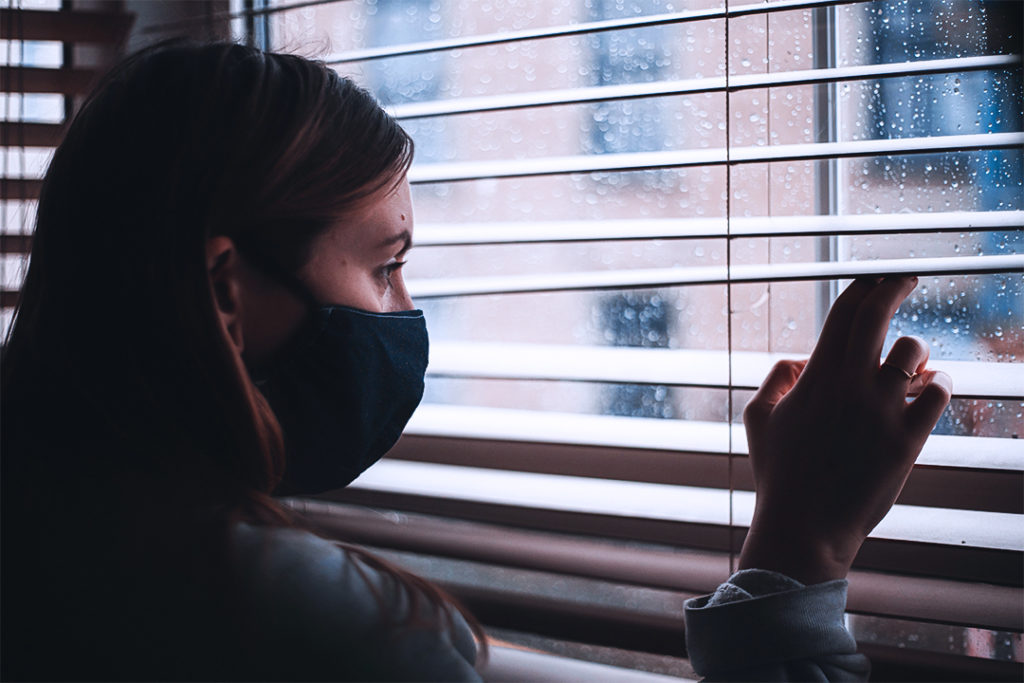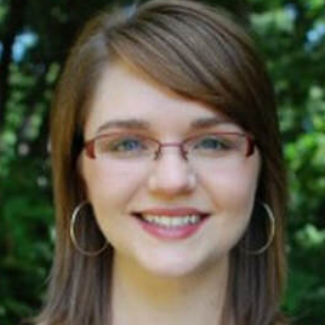It’s Been a Year
March 19, 2021

I haven’t been sleeping well.
It happens occasionally, often what I refer to as an “Early Warning Sign” of something I need to address in my life. Stress, slipping into poor habits, not taking good care of myself. But this has felt different. This isn’t just a night or two; it’s bigger. There’s something about the warmth and the wind that tugs at me. This isn’t a small bout of stress-induced insomnia, easily remedied by intentional self-care.
This is trauma
A year ago, our lives changed. We simultaneously came to the sudden yet slow realization that nothing was going to be the same, and we didn’t know how long it was going to last. Remember when people were talking about three weeks? How hopeful and naïve….and dead wrong. Deadly wrong. It’s looked different for all of us, but within that difference is our shared experience of how hard this has been. This isn’t just trauma. It’s global trauma.
But why, when it’s starting to look brighter and better, would we feel this way? Why would it take me this long to struggle to settle each night as my body and mind are at the end of themselves? Why, when the light is longer, when my self-care is the best it’s been the whole time?
You see, trauma doesn’t just notice what happened. It notices what happened right before. It’s a built-in warning system to keep us safe, to let us know we’re about to need to fight or flee. The warmer air, the pull to get out of town, even the first flowers peeking through the soil, all serve to remind us of what was about to happen. We don’t have to be aware of it in order to feel it. That unease will be there anyway, and it’s more likely to run the show if we ignore it.
Sometimes it’s particularly hard to recognize it as trauma, because it isn’t one big thing. It’s all the little struggles that followed. When do we go to the grocery store? Will they have bread? Do we go see grandma one last time? Oh dear God, what do we do with the kids? What about screen time? How do we set healthy limits when our whole life revolves around a glowing 19-inch rectangle of metal and plastic? And on…and on…and on.
No wonder we’re exhausted
We’re not supposed to exist in a world full of faces we can only half-see. We’re not made for this. And we’re still in it. How do we recover from something we’re still going through? How do we convince our nervous system, trying so hard to be helpful, that there’s no way to fight this, and fleeing may not be the best idea? How do we sleep?
While the last year has been fraught with struggle after struggle (almost laughable at times), it has also been filled with the kindness and wisdom of other humans grappling with these questions and sharing collective wisdom. After all, the cycle of crisis and adaptation isn’t new for us.
We know what to do. We know to move our bodies, to bask in fresh air and sunshine and green spaces, to ignore the mundane tasks another moment in order to breathe deep and long. We hear the advice, echoing somewhere inside, to make space for creating and connecting.
Our need for connection runs deep
It’s a biological need, but it doesn’t begin and end with our need to connect with others. We also need to connect with ourselves. And maybe this is why we can’t sleep – because to pause and acknowledge all that we’ve been through is scary.
Many of us live through trauma by moving from one crisis to the next, never really making space to notice what we feel. To let ourselves feel it. To let it run through our bodies and our souls until it makes its way out. We push it down in hopes that it will disappear. But that’s not how it works.
This work of noticing and feeling and allowing doesn’t happen in one moment. It’s an ongoing process of gently spending time with ourselves and loving ourselves through the pain. It’s giving ourselves permission to be ever so human.
So I think it’s probably time to wrap my metaphorical arms around my past self from a year ago. I think I’ll forgive her for everything she couldn’t know, thank her for all she has done to carry me through, and she and I will feel this together. And in that process, maybe we’ll notice that it’s okay to sleep. ⯁

About the Author
KATHRYN THOMPSON, MSFT, LCMFT
Kathryn Thompson is Licensed Clinical Marriage and Family Therapist (LCMFT) who enjoys working with a wide variety of clients of all ages, including individuals, couples, families, and children. Ms. Thompson believes that everyone faces struggles at some point in life, and it is courage which allows us to seek help during those times.
Suggested Reading
- Wild, Wonderful Love Relationship Retreat: September 16-17, 2023Andrews & Associates Counseling will be hosting the next Wild, Wonderful Love Relationship Retreat on Saturday, September 16 and Sunday, September 17, 2023 at Bluemont Hotel… Read more: Wild, Wonderful Love Relationship Retreat: September 16-17, 2023
- The Benefits of Seeing an Intern Therapist: Everything You Need to KnowSeeing an intern therapist can provide many benefits that you may not be aware of. In this article, we will explain exactly why they should be… Read more: The Benefits of Seeing an Intern Therapist: Everything You Need to Know
- How Employee Assistance Programs Support Workplace Mental HealthWhen it comes to employee wellbeing, things are not always as they seem… Employees are often expected to be high performers. They are typically required to… Read more: How Employee Assistance Programs Support Workplace Mental Health
- 3 Crucial Things to Understand About Survivors of Child Sexual AbuseIt is time to give the power back to the survivors… A Voice for Trauma Survivors My name is Dr. Briana Nelson Goff. My professional background… Read more: 3 Crucial Things to Understand About Survivors of Child Sexual Abuse
Counseling & Therapy for Individuals, Couples, Families, and Groups
terms & conditions
disclaimer
privacy policy
© andrews & associates counseling
Manhattan Main Office
4201 Anderson Ave., D110
Manhattan, KS 66503
Phone: 785-539-5455
A&A Kids Clinic
227 Blue Earth Place, Suite 203-c
Manhattan, KS 66502
Phone: 785-776-0749
Junction City Office
929 South Washington
Junction City, KS 66442
Phone: 785-539-5455
Wamego Office
1800 Farrell Drive
Wamego, KS 66547
Phone: 785-539-5455